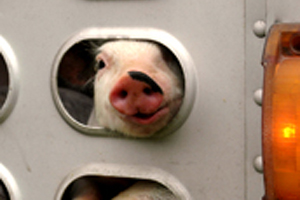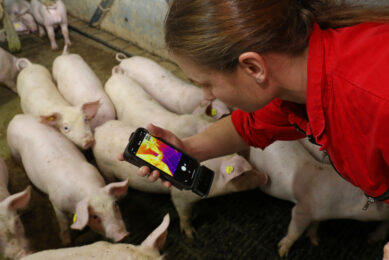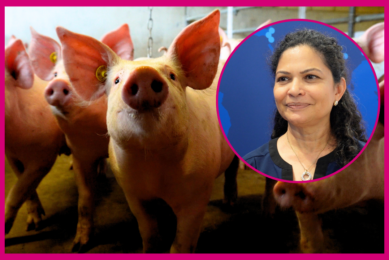US: Handling, transporting pigs program updated

Since 2001, the pork industry’s Transport Quality Assurance program (TQA) has promoted responsible practices when handling and transporting pigs. In that time, TQA has undergone five revisions – always striving to offer the most current, science-based information on humane handling, biosecurity and proper transportation of swine.
The mission of the TQA program remains unchanged: to continuously build a culture of protecting and promoting animal well-being through training and certification of animal handlers and transport personnel. In that process, TQA uses the most current industry-proven techniques in an effort to build consumer confidence and understanding of the high-quality pork products delivered to market every day.
“Consumers are hungry for information on how their pork is raised – from the farm to the table,” said Sherrie Webb, animal welfare director at The National Pork Board. “That need for information is about more than what happens on the farm and extends to how that animal is safely and humanely transported from farm to market. That’s why keeping current on transportation trends is so critical.”
Staying current on transportation trends requires continuous evaluation and commitment. The Pork Checkoff’s pioneering TQA curriculum focuses not only on safe handling, but also emerging diseases such as PEDV and biosecurity. In 2014, each was a major focus in revising the program.
“Everyone involved in pork production – from producers, their employees, veterinarians and transporters – needs to develop a biosecurity plan that helps them to make good decisions and take sound action that reduces the risk of disease spread,” said Brad Knadler, director of hog procurement, Triumph Foods. “The Pork Checkoff’s TQA program specifically addresses the need for serious biosecurity protocols to be in place and helps the pork industry further fight and reduce the spread of these industry-impacting diseases.”
The updated program also provides a new approach to understanding basic pig behavior and body language, and how it contributes to a safe and positive experience for both the pig and the handler.
“Calm pigs are easier to handle than excited, agitated pigs. Handling will be easier, and pigs less likely to become agitated and bunch together, if handlers use basic pig behavioral principles,” said Webb. “An important part of effectively using pig behavior during handling procedures is learning how the pig perceives and responds to the handler in different situations and environments.”
Additionally, adapting to changes in weather, especially temperature extremes, costs the US pork industry millions of dollars annually. Handlers and transporters must understand the affect weather can have on pigs during transport, and how best to protect them during extreme weather. The revised TQA program teaches transporters the importance of planning ahead and properly bedding and boarding trailers.











